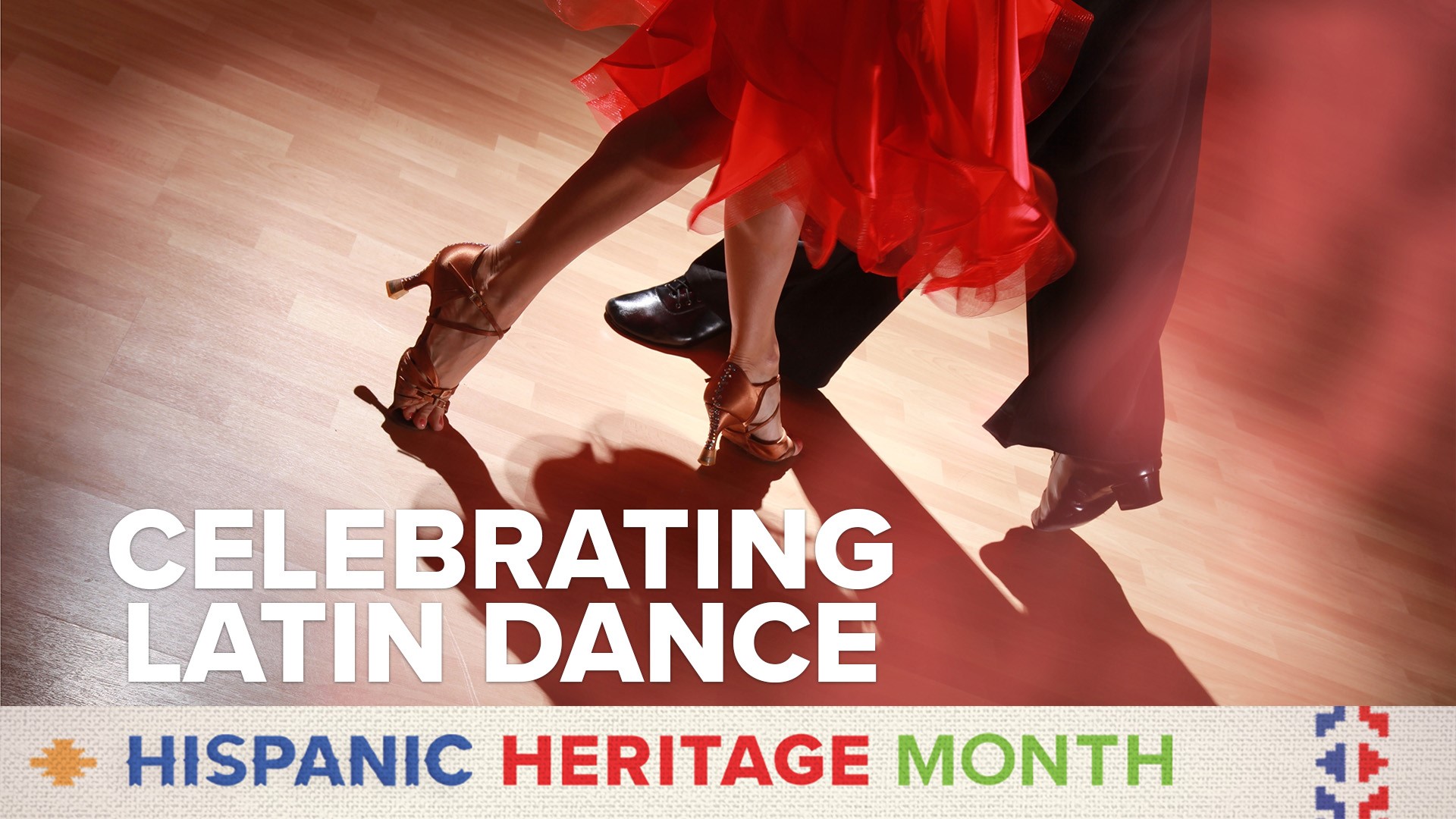SACRAMENTO, Calif. — Mike Del Campo has taught Sacramento how to dance for years. It wasn’t until 1996 when he found his passion and opened Del Campo Dance Studio.
“I used to work for a studio, but they were more ballroom and I became more interested in Latin dancing,” said Del Campo. “In Sacramento, at the time, there was not a lot of this type of Latin dancing so we decided to open the school.”
Del Campo says despite the close association with Hispanic cultures, Latin dances have their roots in an entirely different place.
“All the Caribbean dances and most of the Latin American dances have roots in Africa. Unfortunately, through the slave trade, Africans ended up in Cuba, Dominican Republic, Brazil, Colombia,” he said.
Eventually, Cuba became the birthplace of many of today’s popular dances.
“What happened was Cuba was one of the countries that were able to keep their culture. They were able to keep their culture from Africa,” said instructor Oscar Castañeda.
From there it was a matter of everyone making the dances their own.
“Different cultures started learning it. It's a little bit of ingredients from here, a little bit of ingredients from that country, and then it just became salsa and it became commercialized,” said Castañeda.
“Miami, New York, LA, San Diego, South America. It's danced a little bit differently wherever you go,” said Del Campo.
GET MORE RACE & CULTURE FROM ABC10:
►Explore the Race & Culture home page
►Watch Race & Culture videos on YouTube
►Subscribe to the Race and Culture newsletter
Dance is universal despite the eventual influence of so many cultures.
“It's a ritual of connection," he said. "If you know how to dance and your partner knows how to dance, you could have never met the person before and connect with them.”
Anke Gonzales, who also dances with Del Campo’s performance group Team Celebración, agrees.
“You can get off the dance floor and have this amazing dance and amazing connection,” she said. “Maybe I don't even like that person as a person, but just the fact that you're just connecting on the dance floor, it's amazing.”
“I like to think that you share a beautiful moment with somebody. The song tells you what to do and then... it's over,” said dancer and festival organizer, Larry Toney.
Latin dance styles can be intense, energetic and sensual. Each has its own characteristics.
“Salsa, typically mambo, has a forward-and back-basic, whereas bachata... that tends to have more of a sideways basic,” said Del Campo.
“Right now, bachata, that's super popular. That's very, very popular with the kids,” said Castañeda.
Del Campo thinks it’s easy to become a part of it while the scene is blowing up.
“The salsa scene, the Latin dancing in Sacramento, is as strong as it has ever been and I've been in the dance business for over 30 years. So, you can go out dancing five nights a week here in Sacramento. You don't have to know anything. You can walk into the studio and you can start," he said.
He says, above all, it’s always about dancing, socializing and having fun.
“It's an interesting thing. When you go to a Latin nightclub, the whole premise is not to pick up people. It's about dancing. So, you'll see even couples, married couples, they'll go and they'll dance with each other throughout the night, but they also switch partners throughout, and that partner dancing is a way to just connect with so many more people. I've got more friends now than I ever have before.”
MORE STORIES FROM ABC10'S RACE AND CULTURE TEAM: Meet the Mariachi Bonitas, an all-female group making changes in a typically male-dominated music genre.
We want to hear from you!
The Race and Culture team's mission is to serve our diverse communities through authentic representation, community engagement and equitable reporting.
Accomplishing our goals of inclusive reporting requires hearing from you. Is there a person or place that you want us to highlight. Email us at raceandculture@abc10.com or fill out the form below.

